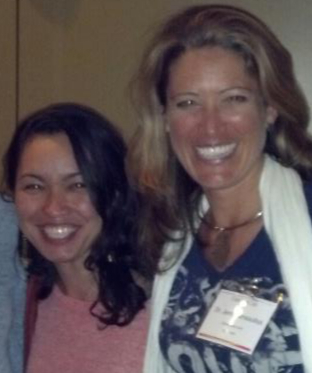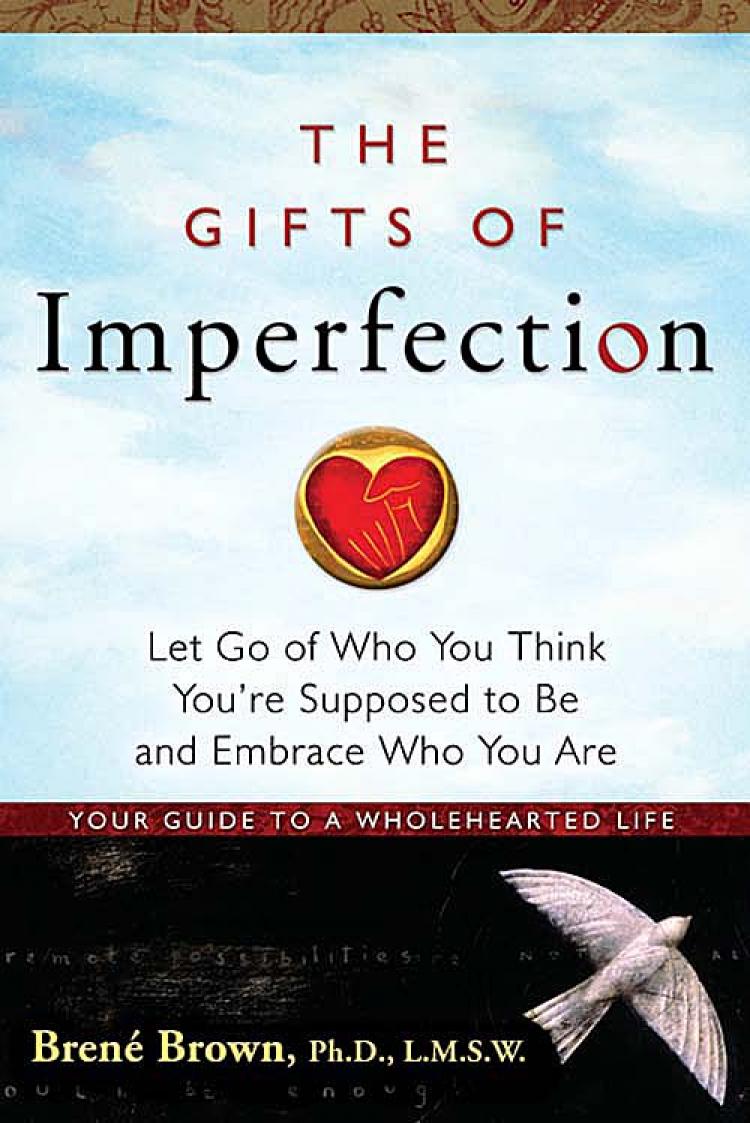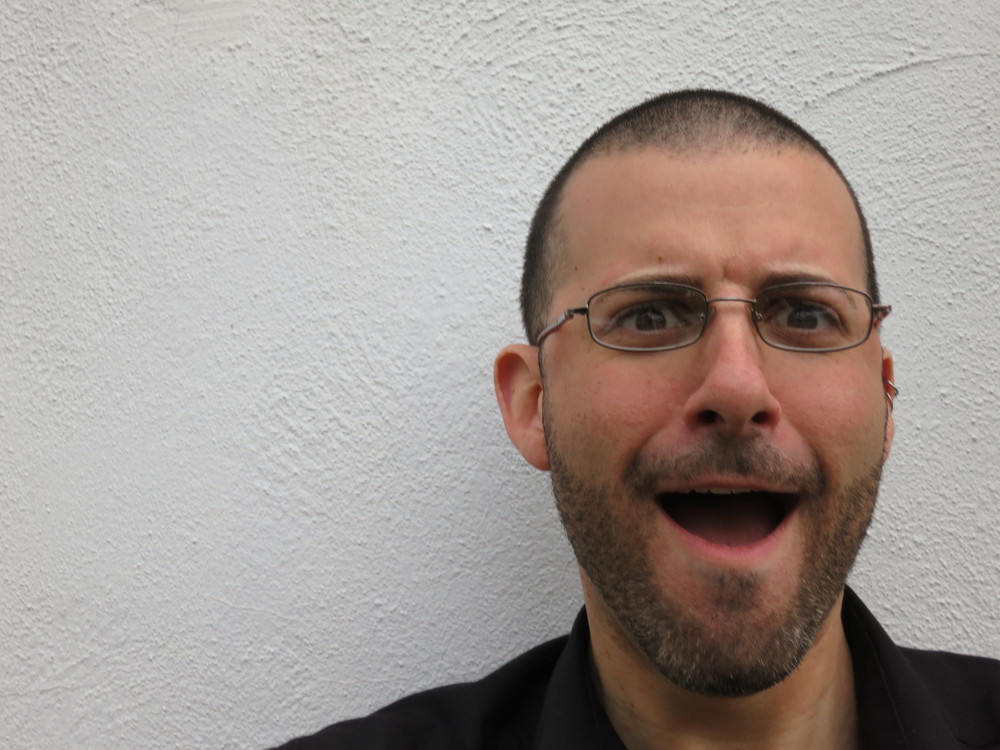I got to sit down with fellow sex educator, Sex Nerd Sandra, and hash out what the concept and practice of mindfulness is, and how it relates to improving relationships, reducing judgments, deepening intimacy, and enhancing sexual experiences.
The topics we cover include: The “Down Low,” Getting Touchy-Feely, Self Care, Awareness without Judgement, The Triangle of Thoughts-Emotions-Sensations, Your Patterns, Triggers, Sandra’s Trigger, Using Your Words, Tangible Feelings, A Pattern Interrupt, Run/Numb/Distract, Sandra’s Dark Shadow, Favorite Negative Emotions, Manipulation, Buddhist Science, Third Eye, Astrology “Personal Growth,” Brené Brown, Feeling Worthy, Dr. Who, Our Inner Geography, Resiliency, Dr. Jenn’s TEDx Talk, and Befriending Your Body.
Listen to this PODCAST ON SEX & MINDFULNESS.
~Dr. Jenn Gunsaullus, San Diego, Sexologist, Sexuality Speaker, Sociologist












































